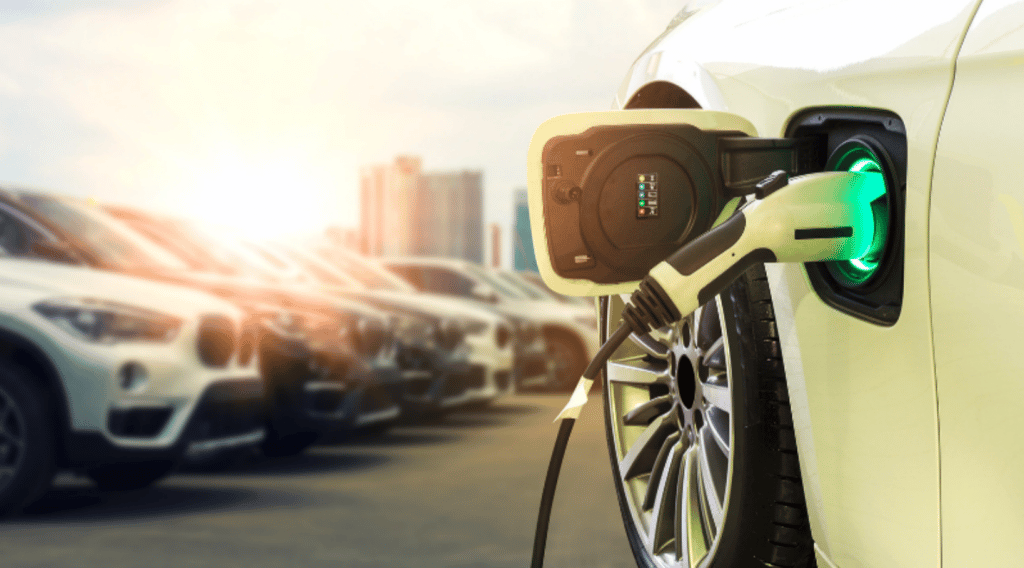With all the hype and sudden interest in electric vehicles, there are two main issues facing the EV industry. Supply shortages and the hefty price tags keep average car buyers from going electric.
Unfortunately, those drivers hoping to switch a $5 gallon of gas for an electric plug are the types of consumers who live hand-to-mouth and seek to lower as many dollars off their monthly car payment. That means the average EV on the market isn’t in the cards and won’t be for the time being, according to Michele Mouyianis, a senior practitioner of Marx Layne & Company’s automotive practice.
Who can afford an EV?
EVs on the market generally start at $47,000 (for a Tesla Model 3). After that, they only go up from there. But the question “who can afford an EV?” is one automakers struggle to answer as they hope to increase market shares.
According to Cox Automotive, a typical new-car monthly car payment is just over $700 for most consumers. Credit consultants suggest a car payment be no more than 10% of their take-home pay. So, to afford an EV within those guidelines, the car buyer needs to earn $7,000 a month. The average household income comes in at $65,000. So, to afford an EV, the household income needs to be higher than $100,000. Since most households have two cars, that means the combined income should be higher than $200,000 for two EVs.
Will the EV price come down?
The economic argument goes, if the EV is more accepted in the marketplace, shouldn’t the price eventually come down? Industry analysts predict prices will ultimately fall as technology adapts to producing batteries and other EV parts, according to Mouyianis. In addition, some automakers are indicating they will roll out EVs at lower prices. For example, GM promises to introduce the Chevy Blazer and Equinox in 2024, priced at around $30,000.
Still, the challenge is to reach the reluctant EV adopter with their concerns about range and where to recharge before more stations are introduced. Automakers are pushing for tax credits knocking off a little more than $10,000. Yet, the current tax credit available caps at $7,500.
Industry analysts argue EVs are worth it in the long run
However, with high gas prices expected to stay in place for most of 2022, car makers are hoping to capture consumers on edge to buy an EV over to the electric side. EV proponents continue to deliver the message that while EVs cost more than internal combustible engines, the EV buyer will save money over the vehicle’s lifetime in the long run.
This is only the consumer side of things when it comes to challenges facing the EV industry.
Battery and raw material shortages will be an issue
Stellantis CEO Carlos Tavares predicts EV car makers will face battery and raw material shortages in the short run and for years to come. Tavares predicts battery shortages will occur sometime in 2024-2025. The lack of raw materials could affect the market in 2027-2028. Companies are facing external pressures from policymakers to cease the production of ICEs in the near future. The United Kingdom plans to ban the sale by 2030. The Biden administration wants half of the cars on the road to be EVs by the decade’s end.
Automakers are feeling the pinch to produce the EVs, and this, in turn, will create bottlenecks and prevent getting more EVs in the showrooms and the road, Tavares said.
Analysts predict that between supply shortages and a pricing structure with record-high inflation, it will be at least five years before EVs are more widely accepted.
